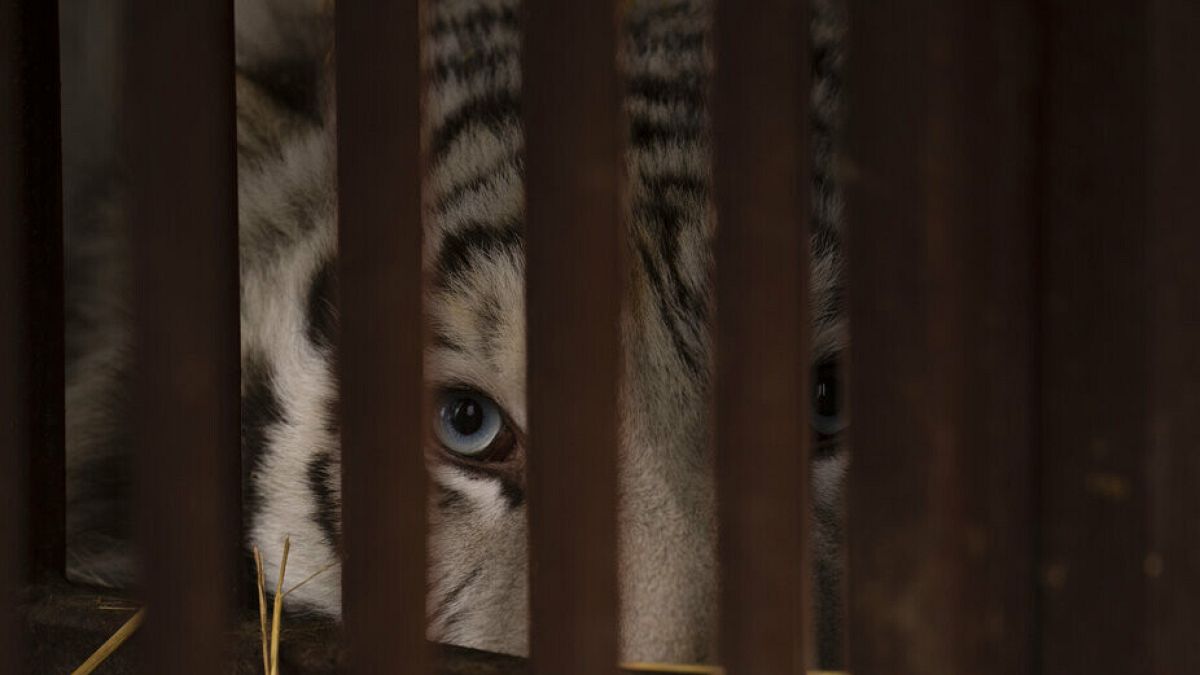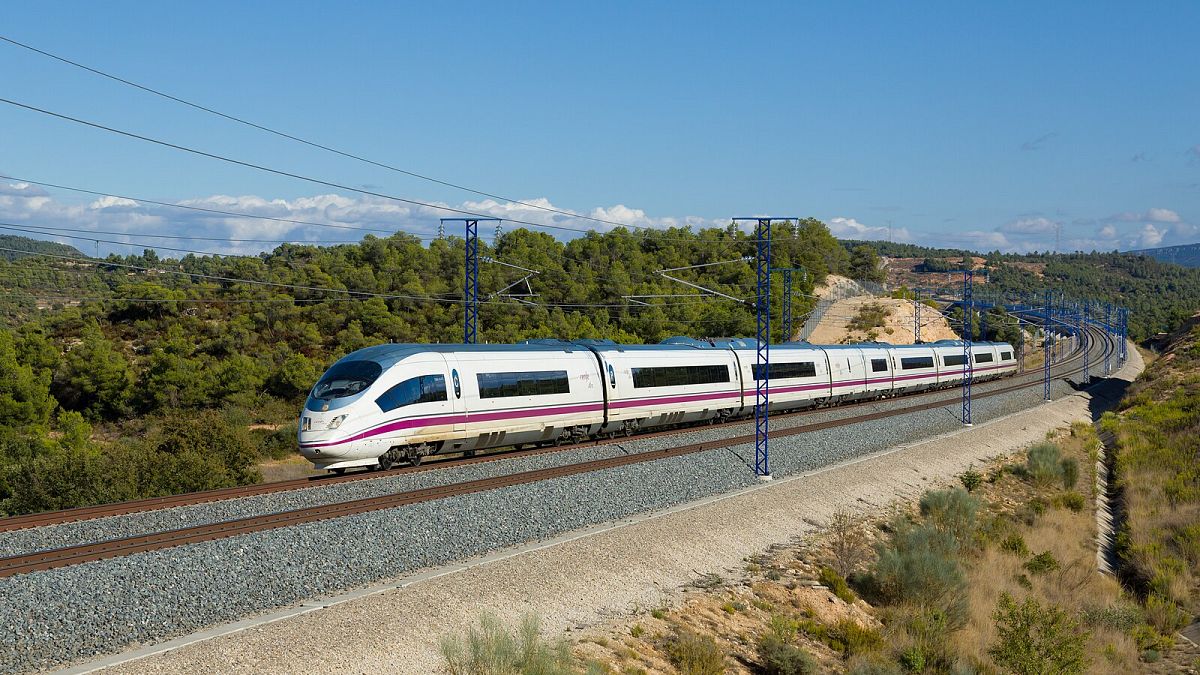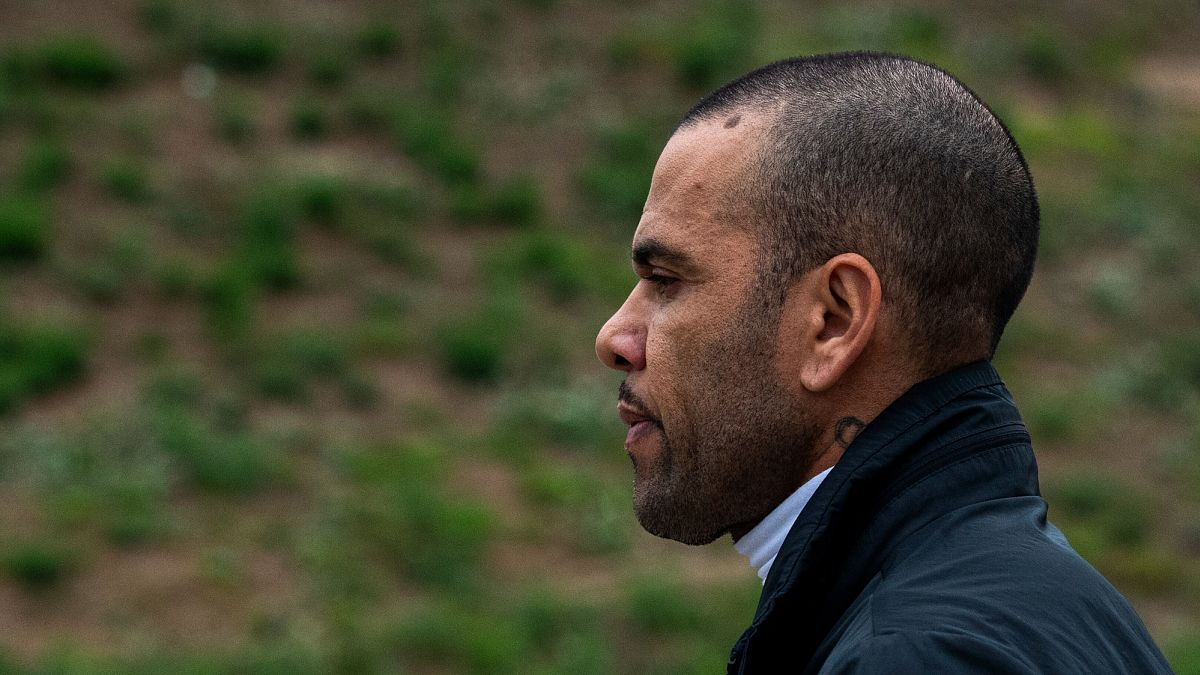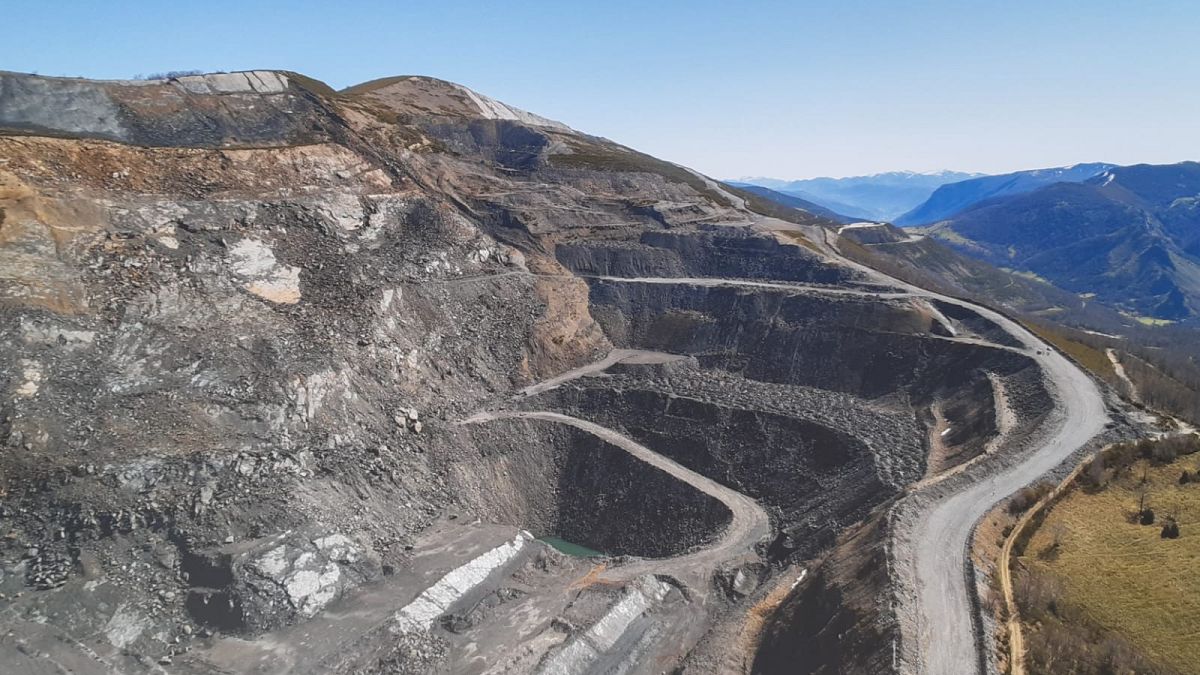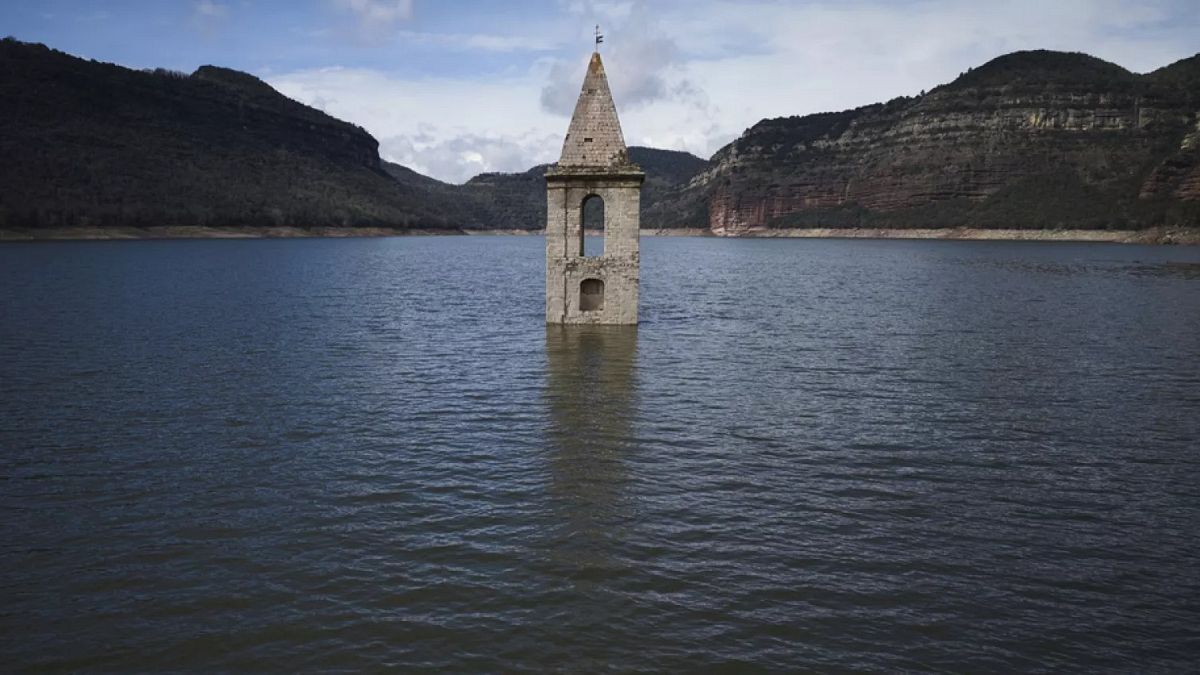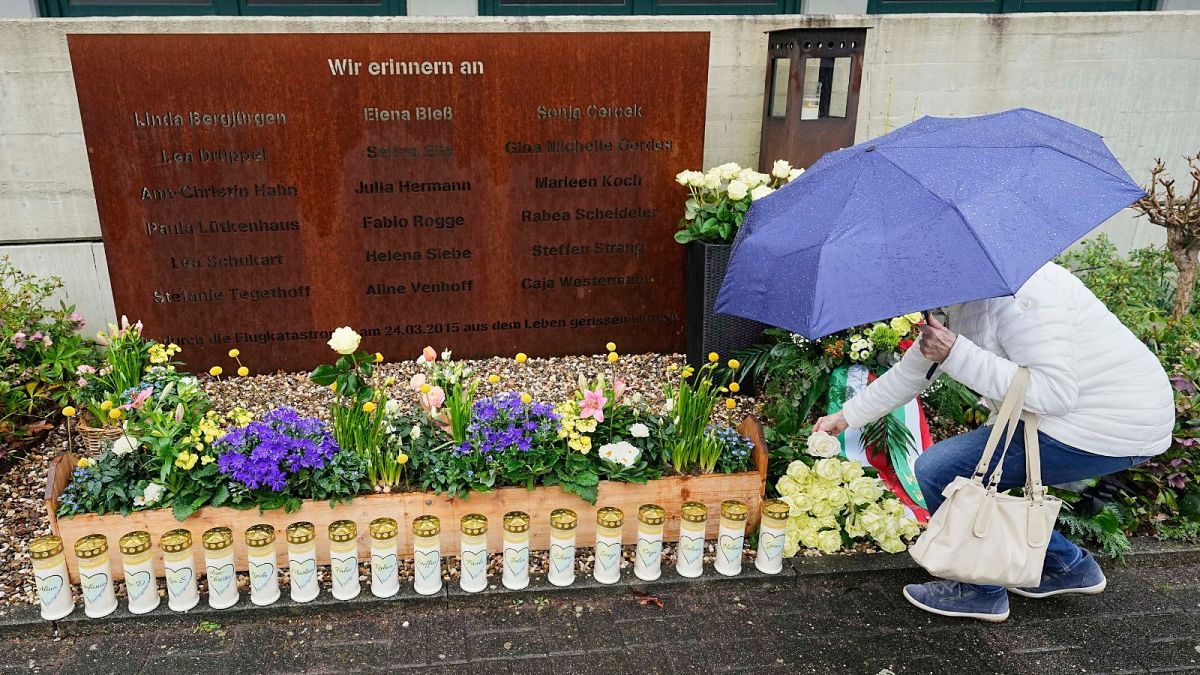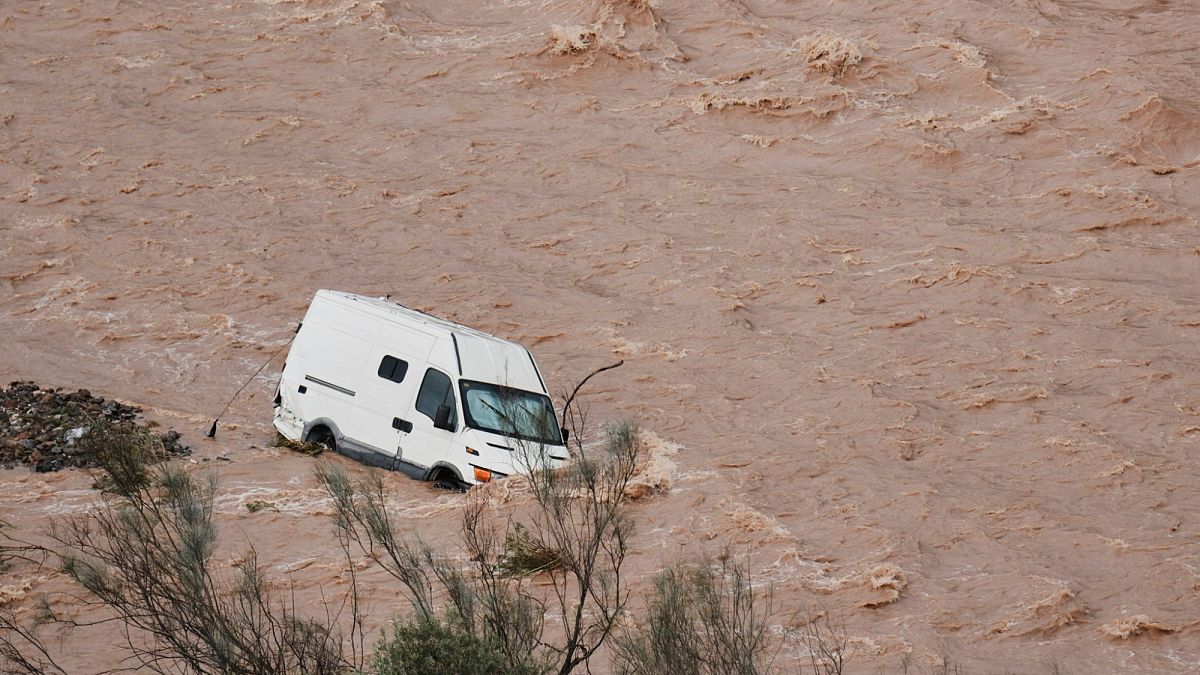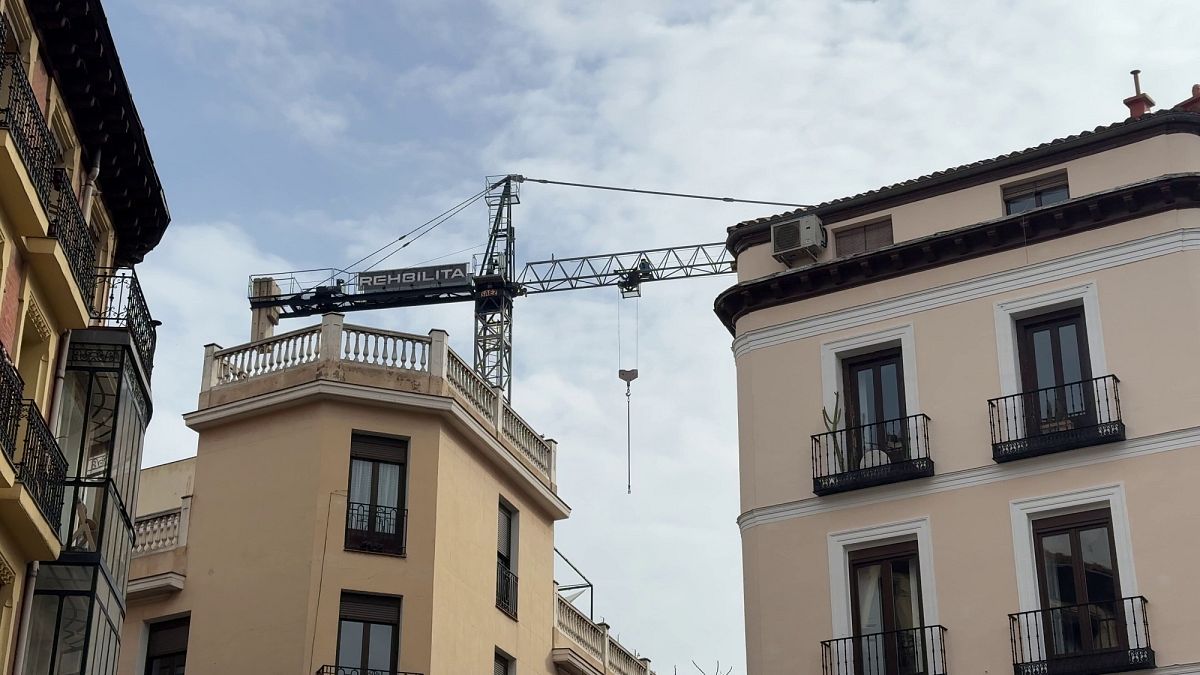Spain can help the rest of Europe learn how to tackle the water crisis

The opinions expressed in this article are those of the author and do not represent in any way the editorial position of Euronews.
Faced with climate change in the Mediterranean and a massive threat to its national industries, Spain is undertaking a major and costly reform of its entire water system, Jorge Molinero writes.
Greece is being inundated with devastating floods, a development which has intensified concerns about extreme weather patterns caused by climate change across Southern Europe.
Deadly deluges have also hit eastern parts of Libya, with the coastal town of Derna’s death toll reaching at least 11,300 by Friday, causing further anxieties over the ever-growing risk from extreme flooding across the Mediterranean.
Floods have long been seen as a northern European problem, and many countries in this region are innovators in the civil engineering projects needed for flood defences.
Indeed, the Netherlands is exporting much of its flood defence technology to Middle Eastern countries that are seeking to reclaim land back from rising seas.
While northern European flood technology will certainly be able to help southern Europe, the north of the continent has this summer been increasingly suffering from drought and extreme heat.
Northern European countries will therefore need the water conservation technologies which southern European countries have been pioneering, as Europe begins to face new water challenges such as seasonal water stress.
Climate emergency sparks political will
While countries such as the Netherlands or the UK may be a leader in flood defences, it is Spain which is at the cutting edge of technological advances relating to greater water efficiency.
Just in the region of Murcia, in southern Spain, more than 90% of water is reused, compared to an average of 5% across the rest of Europe.
As blisteringly hot summers become the norm, it is quickly going to become unviable for countries not to reuse water.
What Spain is doing now in terms of reusing water is what all of Europe may need to follow over the next decades, a fact that has been recognised in the recently approved EU Directive for water reuse.
Spain is also due to spend about €3 billion of public and private money on restructuring its entire water infrastructure by digitalising the entire sector and modernising all its water supply systems, a process that will take around six to 10 years according to the current plans.
Like many climate-related infrastructure changes, restructuring water infrastructure involves huge spending and disruptions.
Why is Spain finding the political and social will to do this now? The answer is that for Spain the climate emergency is not something that is on the horizon — it is already here.
Key sectors heavily depend on water
Spain’s two main industries — agriculture and tourism — are both highly water-intensive.
From tomatoes, artichokes and avocados to oranges, lemons and strawberries, Spain is the main supplier of fruit and vegetables in Europe.
The south of the country is covered in greenhouses and plantations, while tourists flock to the coasts and the water-demanding golf courses.
In Spain — as in most of Europe — about 80% of the total water use is in agriculture. So the most effective investment that Spain is able to make in its farming industry is to improve the efficiency of its irrigation systems.
In the Mediterranean area in general, aquifers — permeable rock which naturally purifies water — are chronically overstressed.
In times of drought, the levels of groundwater drop, concentrating pollutants and causing the aquifers to become depleted and less efficient, and the quality of the groundwater that they generate deteriorates.
Lessons from Spain could help the rest of Europe
But Spain is now starting to work to replenish its aquifers using reclaimed water, utilising the wastewater after passing through the treatment plants and then injecting this treated water into the aquifers, which then provide an additional cleaning treatment through rock filtration.
Putting this reclaimed water into the aquifers enables the aquifers to recover and stay active and groundwater levels to rise.
This increases the amount of water in the aquifers that flow downwards to be eventually used again by agriculture so that much less water is lost in the water cycle.
As climate change bites, it is likely that all European countries are going to have to fundamentally alter their historic water infrastructure and management practices by reusing and reclaiming water.
Spain, and southern Europe in general, could be a good place to look for lessons for the whole of Europe as it faces new water challenges.
Jorge Molinero is the Managing Director of Barcelona-based scientific and strategic environmental and engineering consultancy Amphos 21, part of the RSK Group.
At Euronews, we believe all views matter. Contact us at view@euronews.com to send pitches or submissions and be part of the conversation.
Source: Euro News





